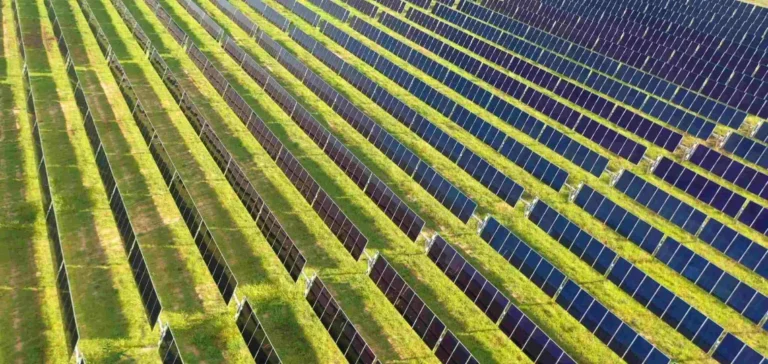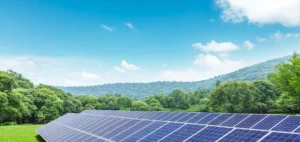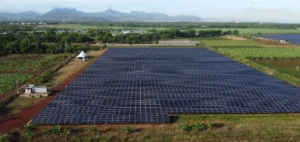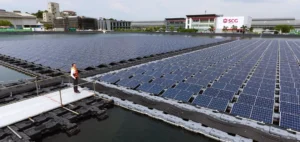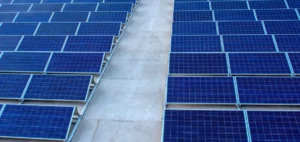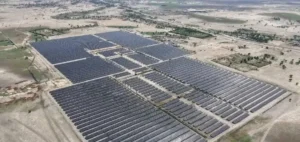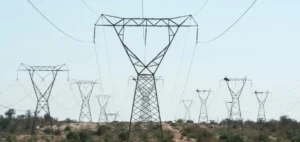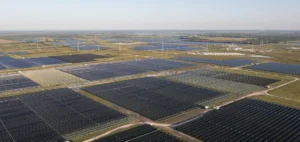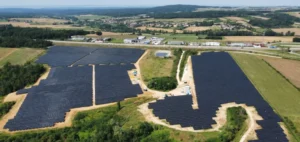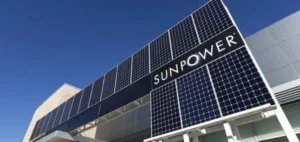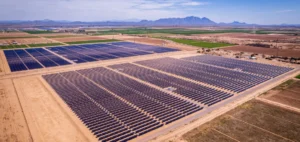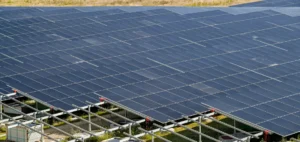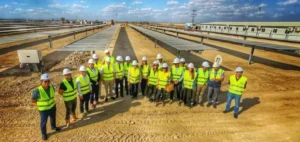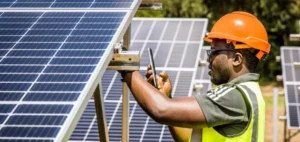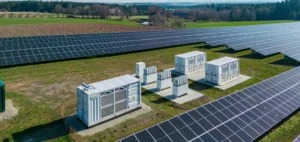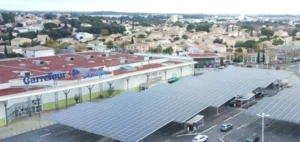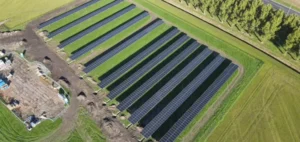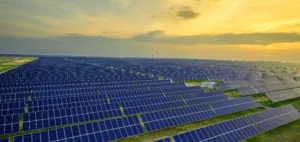The support of the European Bank for Reconstruction and Development (the EBRD) to the Turkish company Enerjisa Enerji takes on a new dimension with the granting of a USD 150 million loan, or approximately EUR 128 million. This funding aims to finance the reconstruction and modernization of the electricity distribution network in the Toroslar region, which was heavily impacted by the February 2023 earthquakes.
The area in question accounts for about one-third of Enerjisa Enerji’s total operations. The damage to the electrical infrastructure required sustained investments to restore a reliable and modernized service. The funding will also support the development and construction of solar installations intended to supply the company’s business customers.
A structured response to a post-seismic context
The loan is part of a comprehensive action plan announced by the EBRD after the earthquakes, which includes credit lines, support for small and medium-sized enterprises, and infrastructure projects. This EUR 1.5 billion programme, mobilized over two years, strengthens the institution’s approach to resilience and regional recovery.
Enerjisa Enerji plans to use the funds to improve the reliability of the electricity network and reduce distribution losses—a strategic objective to ensure supply stability in a rebuilding region. The commissioning of decentralized photovoltaic power plants is also part of the programme, responding to growing demand for autonomous energy solutions among businesses.
An operational partnership within an expanded framework
This operation marks a continuation of the relationship between the EBRD and Enerjisa Enerji. The company, which operates in distribution, electricity retail, and energy solutions, demonstrates financial robustness highlighted by its Chief Financial Officer, Philipp Ulbrich. He emphasized the company’s ability to sustain its growth in a constrained economic environment through rigorous cash and cost management.
Alongside the financing, the EBRD launched a governance tool for Turkish companies, the Board Director Nomination Toolkit for Companies in Türkiye. Enerjisa Enerji has committed to promoting this guide, aimed at structuring board appointments with a focus on diversity and effective corporate governance.
A history of investment supporting the private sector
Since 2009, the EBRD has invested over EUR 22 billion in Türkiye across 495 projects, the majority of which were in the private sector. This latest operation continues that trajectory, consolidating essential infrastructure while supporting industrial actors capable of leading long-term reconstruction efforts.
The intervention in the Toroslar region reflects a strategic positioning aimed at restoring energy reliability in a densely populated area, where the safety of facilities is essential for the resumption of economic and industrial activities. The post-earthquake context gives these projects critical value for regional production chains and service infrastructure.


